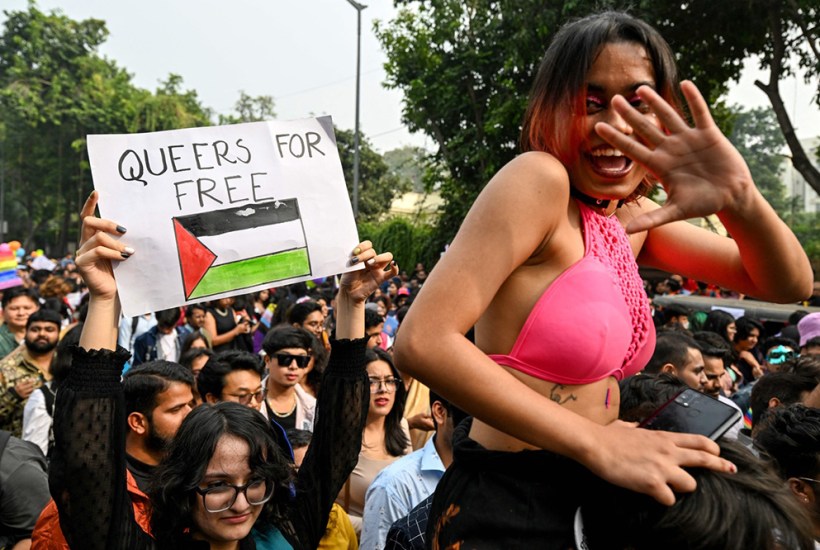Raymond from Nedlands, WA, asks for the meaning of ‘identity politics’. Searching through various sources, I can provide a one-word definition: ‘tribalism’. Merriam-Webster says that ‘identity politics’ is a form of ‘particularism’, adding it is, ‘a political theory or practice advocating a right and freedom for each politically conscious or organised group’.
Already a subscriber? Log in
Subscribe for just $2 a week
Try a month of The Spectator Australia absolutely free and without commitment. Not only that but – if you choose to continue – you’ll pay just $2 a week for your first year.
- Unlimited access to spectator.com.au and app
- The weekly edition on the Spectator Australia app
- Spectator podcasts and newsletters
- Full access to spectator.co.uk
Or
Unlock this article
Contact Kel at Ozwords.com.au
You might disagree with half of it, but you’ll enjoy reading all of it. Try your first month for free, then just $2 a week for the remainder of your first year.














Comments
Don't miss out
Join the conversation with other Spectator Australia readers. Subscribe to leave a comment.
SUBSCRIBEAlready a subscriber? Log in